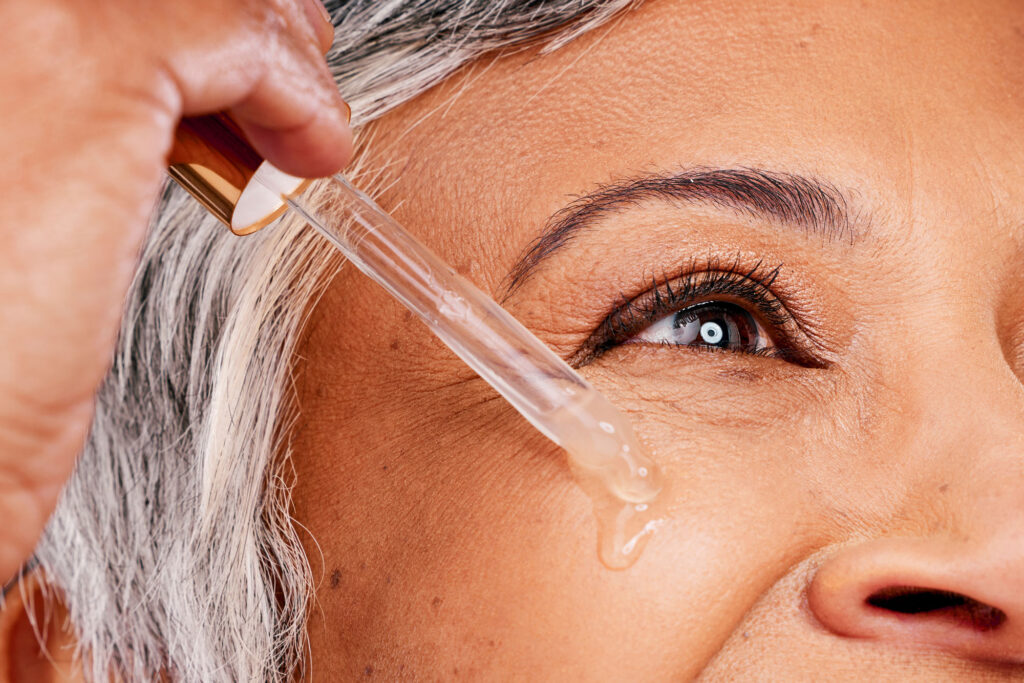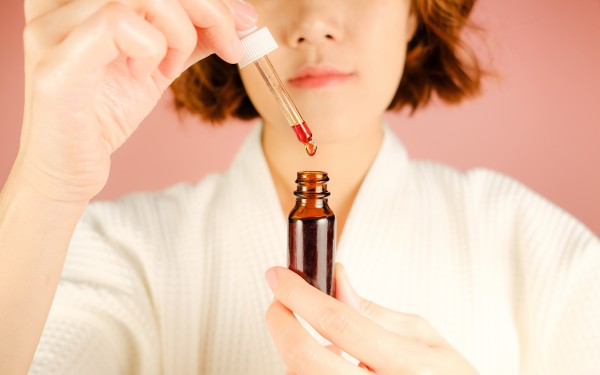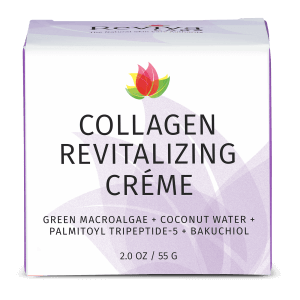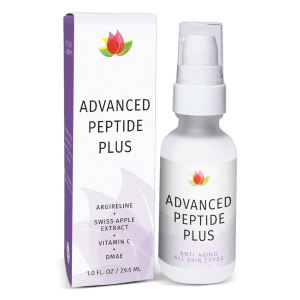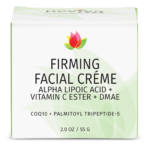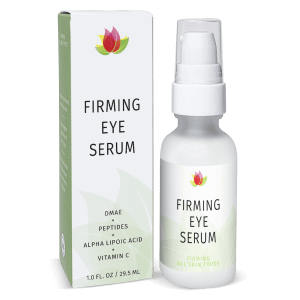Reviva Labs, Skin Care
Do Anti-Aging Creams Actually Work?
Aging is inevitable, but the way our skin reflects it doesn’t have to be. Every year, millions of people turn to anti-aging creams, hoping to delay or reverse signs of aging like wrinkles, fine lines, and dullness. But do these creams really work, or are they just clever marketing in a jar? The short answer: some do, but the magic lies in their ingredients and your skincare routine.
Take this: A 2021 study published in Dermatology and Therapy found that regular use of products containing active ingredients like retinol and vitamin C significantly improved the appearance of wrinkles and overall skin texture over six months. Results are real, but they aren’t instant. Let’s explore what makes these products effective and which ingredients deliver science-backed results.
The Science Behind Skin Aging
Before we tackle whether creams work, it’s helpful to understand what we’re up against. Skin aging happens for two main reasons: intrinsic and extrinsic factors. Intrinsic aging is your body’s natural decline in collagen, elastin, and skin cell turnover as you age. By the time you hit your 30s, your skin produces 1% less collagen every year, leading to thinner, less elastic skin. This gradual decline results in fine lines, wrinkles, and a loss of firmness that becomes more noticeable with time.
Extrinsic factors are environmental, and lifestyle related. UV rays, pollution, smoking, and even stress accelerate the breakdown of skin cells and collagen. Together, these factors create a perfect storm of sagging skin, wrinkles, and pigmentation. Sun exposure alone accounts for up to 80% of visible skin aging. Enter anti-aging creams—designed to combat these effects by hydrating, stimulating collagen production, and protecting against damage.
What Makes Anti-Aging Creams Effective
For an anti-aging cream to deliver results, its ingredients need to be backed by research and formulated for stability and absorption. Not all creams are created equal, and flashy packaging or high prices don’t guarantee effectiveness. The best products are the ones that combine clinically proven ingredients with a formulation designed to penetrate the skin’s outer layers. Stability in the formulation is equally important, as unstable ingredients lose their effectiveness quickly when exposed to air or light.
Another crucial factor is consistency. Even the most potent cream won’t work if it’s used sporadically. Anti-aging skincare is a long game, requiring daily commitment and often months of regular use to see noticeable improvements. Think of it as investing in your skin’s future. Alongside consistent use, proper application techniques—such as applying to clean, slightly damp skin and following up with sunscreen—can amplify results.
Key Ingredients Backed by Science
Let’s explore the stars of anti-aging skincare. These ingredients aren’t just buzzwords; they’re supported by decades of clinical studies and dermatological practice.
Retinoids Retinoids, including over-the-counter retinol and prescription-strength tretinoin, are the undisputed champions of anti-aging. They work by speeding up skin cell turnover, increasing collagen production, and fading pigmentation. Consistent use can soften fine lines, smooth out rough texture, and brighten your complexion. However, retinoids can irritate the skin initially, so it’s essential to start slow and build up tolerance. Using a pea-sized amount every other night and following it with a moisturizer can help minimize irritation.
Vitamin C This powerhouse antioxidant protects skin from free radical damage caused by UV exposure and pollution. It also promotes collagen synthesis, brightens dark spots, and improves overall skin tone. Look for serums containing L-ascorbic acid—the most effective form of vitamin C—and use them in the morning under sunscreen. Pairing vitamin C with vitamin E and ferulic acid has been shown to enhance its stability and effectiveness.
Hyaluronic Acid While it doesn’t directly combat wrinkles, hyaluronic acid’s ability to hold up to 1,000 times its weight in water makes it a hydration hero. By plumping the skin, it temporarily reduces the appearance of fine lines and helps maintain a dewy, youthful look. It’s especially effective in combination with other active ingredients. Products containing multiple molecular weights of hyaluronic acid can hydrate different layers of the skin for a more comprehensive effect.
Peptides Peptides are short chains of amino acids that signal the skin to produce more collagen and elastin. These proteins are essential for keeping skin firm and bouncy. While peptides don’t work overnight, consistent use can improve skin elasticity and texture over time. Combining peptides with antioxidants and hydrating ingredients can enhance their overall effectiveness.
Niacinamide Also known as vitamin B3, niacinamide is a versatile ingredient that strengthens the skin’s barrier, reduces redness, and improves elasticity. It’s particularly useful for sensitive or acne-prone skin and pairs well with other actives. Niacinamide also regulates oil production, making it a favorite for those with combination or oily skin types.
Alpha-Hydroxy Acids (AHAs) AHAs, such as glycolic and lactic acid, exfoliate the skin, removing dead cells and revealing smoother, more radiant skin underneath. Regular use can also boost collagen production and improve the appearance of fine lines and discoloration. Products with AHAs should be used at night and followed with sunscreen during the day to prevent sun sensitivity.
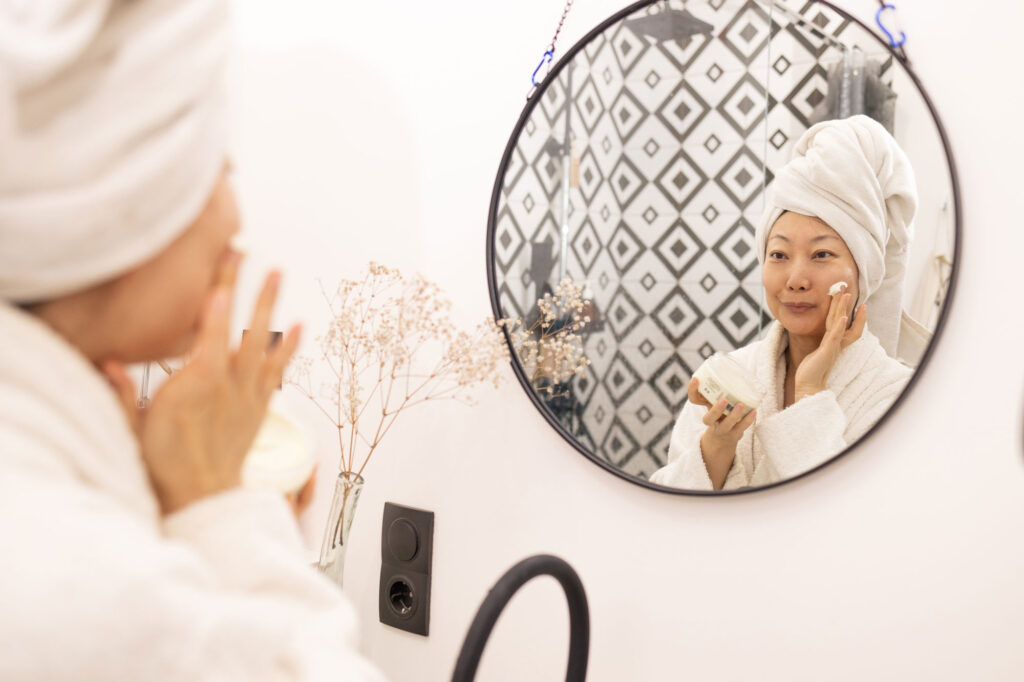

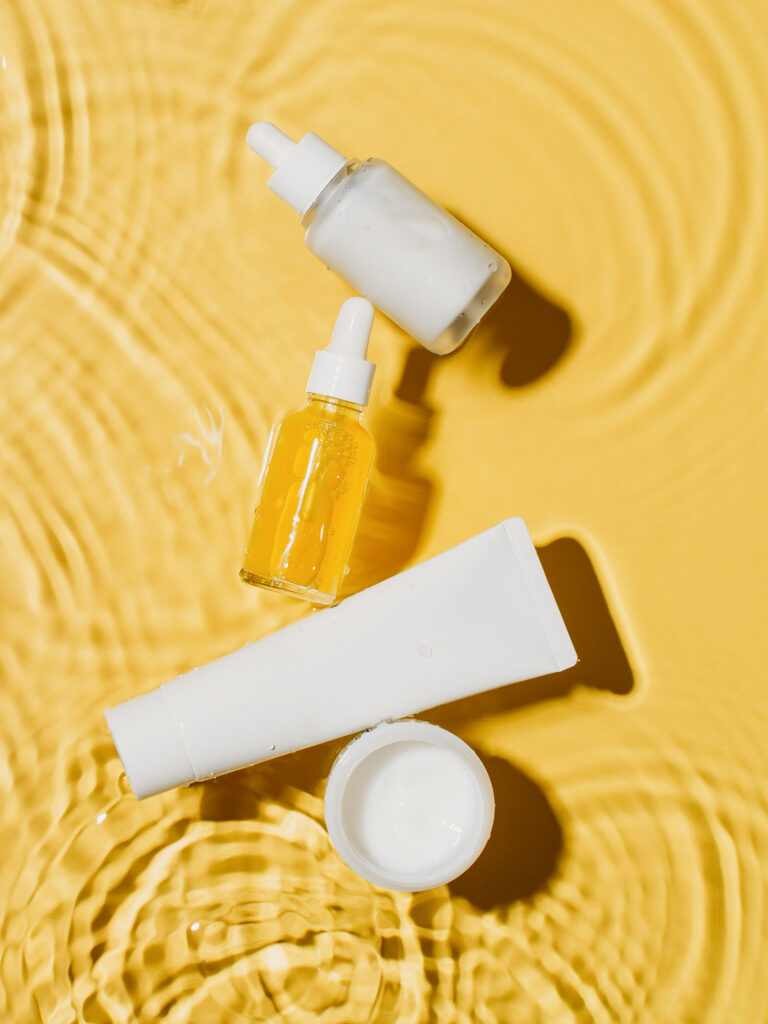
The Role of Sunscreen
No anti-aging routine is complete without daily sunscreen. UV rays are the number one cause of premature aging, contributing to wrinkles, sunspots, and sagging skin. Even the most advanced anti-aging cream won’t make a difference if your skin isn’t protected from the sun. Dermatologists recommend using a broad-spectrum sunscreen with SPF 30 or higher every day, rain or shine. Reapplying every two hours, especially during prolonged sun exposure, ensures continued protection.
What to Expect from Anti-Aging Creams
It’s important to set realistic expectations. Anti-aging creams aren’t miracle workers, and they won’t erase deep wrinkles or lift sagging skin. What they can do is improve the overall health and appearance of your skin, softening fine lines, boosting hydration, and evening out skin tone. Think of them as part of a comprehensive skincare routine rather than a standalone solution.
Many people report visible improvements after 8 to 12 weeks of consistent use, but more significant changes often take six months or longer. Patience is key, as is pairing your creams with a healthy lifestyle—think hydration, a balanced diet, and good sleep habits. Remember, your skin reflects your overall wellness.
Avoiding Common Pitfalls
With so many products on the market, it’s easy to fall for clever marketing or to overload your routine with too many actives. Keep these tips in mind to get the most out of your anti-aging efforts:
- Choose products with clinically proven ingredients and avoid gimmicky “miracle” claims.
- Introduce one new product at a time to avoid irritation and identify any sensitivities.
- Don’t skip sunscreen; it’s your first line of defense against aging.
- Stick with your routine—consistency beats occasional use every time.
- Consult a dermatologist if you’re unsure about the best products for your skin type.
The Future of Anti-Aging Skincare
Advancements in skincare science continue to bring exciting possibilities, from DNA repair enzymes to growth factors and beyond. Nanotechnology is also emerging as a game-changer, allowing active ingredients to penetrate deeper into the skin. While these innovations show promise, the foundation of any anti-aging routine remains simple: a combination of proven ingredients, sun protection, and healthy habits.
Do anti-aging creams work? Yes, when you use the right ones and give them time to do their job. They’re not an elixir of youth, but they can help you put your best face forward at any age. Skincare is an investment—and one that pays dividends for years to come. The key is commitment and choosing products that align with your skin’s unique needs.



